AFRICA’S SUSTAINABLE ROAD TO THE FUTURE
Sustainability has become widely important evidenced by crop
up of many actors to support individuals, businesses and governments in
creating an enabling living and working space. The Sustainable Development
Goals (SDGs) were a replacement of Millennium Development Goals (MDGs) to
produce universally accepted goals that would guide the world.The set of SDGs
holds more scope and considerations on political, environmental, economic and
social issues. Kenya’s move in the right direction echoes advances by
Sub-Saharan Africa which is the fastest among all developing regions according
to the United Nations.An emphasis on green growth at the center of the
country’s vision will most definitely lead to new opportunities geared towards both
economic growth and environmental protection. A balancing act which most
developed nations have failed to achieve.
Severe environmental and climate related challenges have
been on the increase in the first quarters of 2020.Noticeable incidences in
Kenya are locust invasions due to drought and landslides caused by floods. The
landslides have disrupted supply chains through damages to road networks and pipelines.
Case and example, is the shutdown of Sasumua Dam Treatment works which supply
11.6% water to Nairobi city. This was occasioned by massive landslides in
Karemenu River inside the Arberdare Ranges. This could not have come at a worse
time than now when we need clean and reliable water to fight the Covid-19
pandemic.
Our economies are non-resilient. Infrastructural investments
and approaches to gaps in health, water, education, energy, agriculture and
transport are unsustainable. Projects in these sectors are mostly debt funded
whose contract terms are usually unfair to the recipient countries. Very few governments in Africa, if any, have
been unable to retain the best minds who can be part of the negotiating team as
professionals prefer to work in private sector which usually has less impact
compared to government machineries. Feasibility studies for these projects have
been majorly skewed towards the creditor agenda with less regard to sustainable
impact models and viability of debt repayment.
Governance structures in many African countries are relatively
weak to generate the social capital required to drive growth through its own
people.Values such as trust, unity, cooperation and reciprocity that lead to
productive nations, organizational performance and democracy are becoming a
mirage every single day. We are faced with leadership voids and structural
weaknesses emanating from the socio-cultural dilemmas among communities.
How to Act
- Increase funding and strengthen the mandate of sustainability
watchdogs;
- Encourage sustainable actions through awareness
creation of SGDs and Agenda 2063. Agenda 2063 is Africa’s blueprint and master
plan for transforming Africa;
- Governance restructuring and integration with a down-top approach. Governments should apply democratic business models where the customers are the owners of the business. This will lead to a better Africa.
Repairs to our sustainable road to the future will enable
people maintain their own quality of life, diversity, and the earth’s
ecosystems. We will help meet present needs without compromising future
generations and their needs.The Covid-19 pandemic should serve as a warning to
everyone. Our future on sustainable living is now, let’s act now.
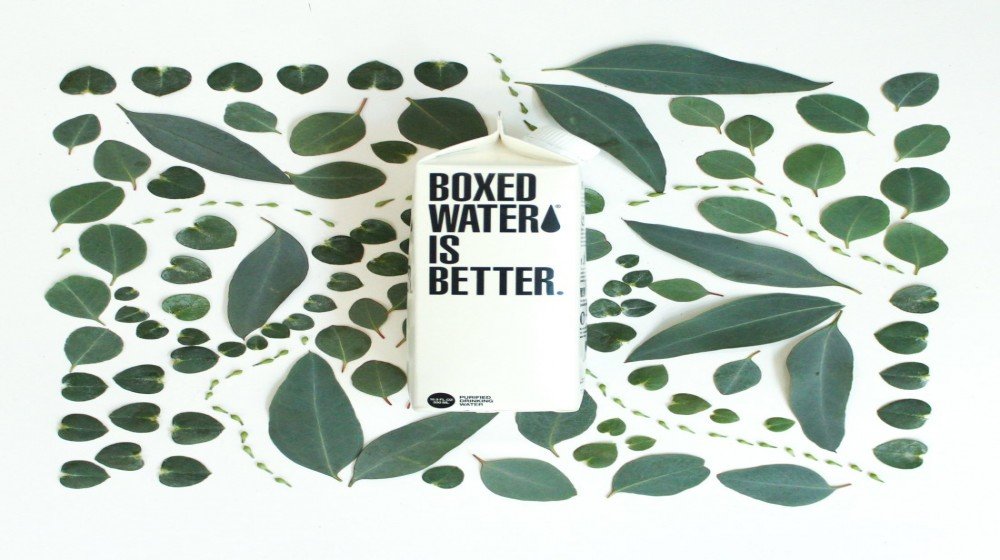
 Source : SusRecomm
Source : SusRecomm
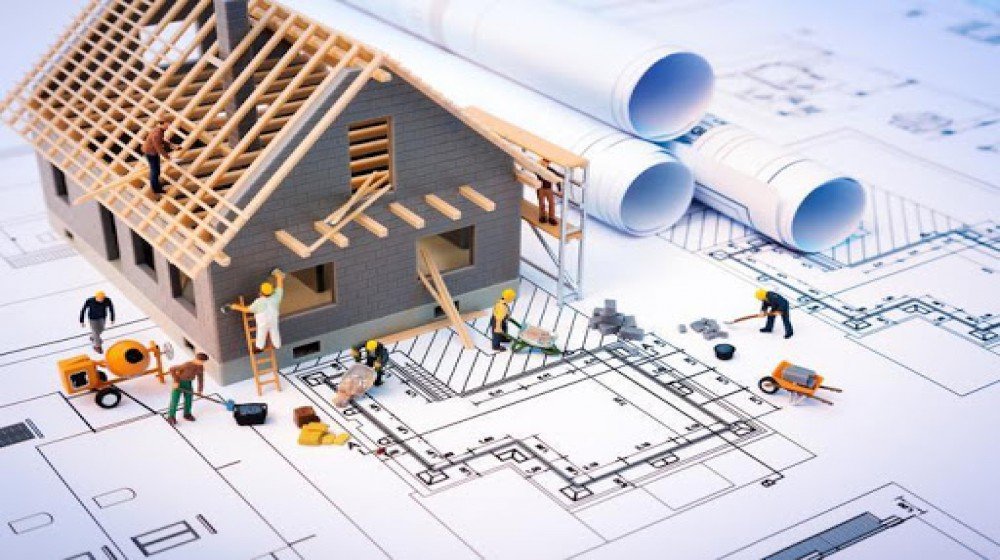
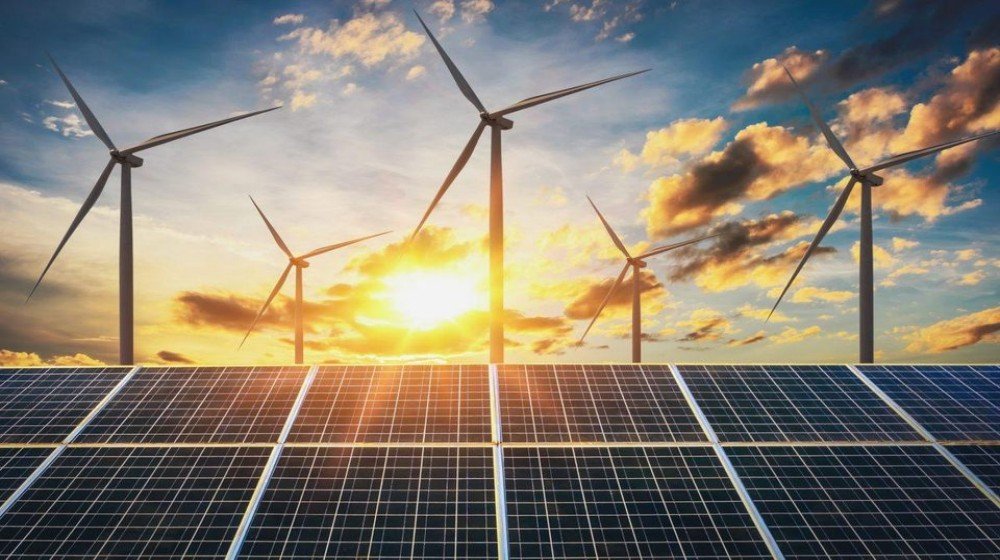
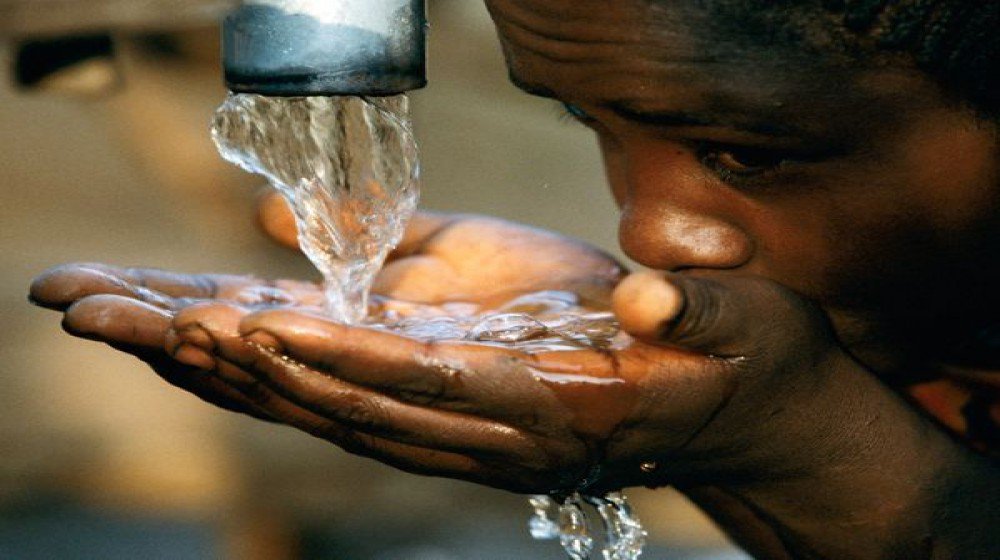
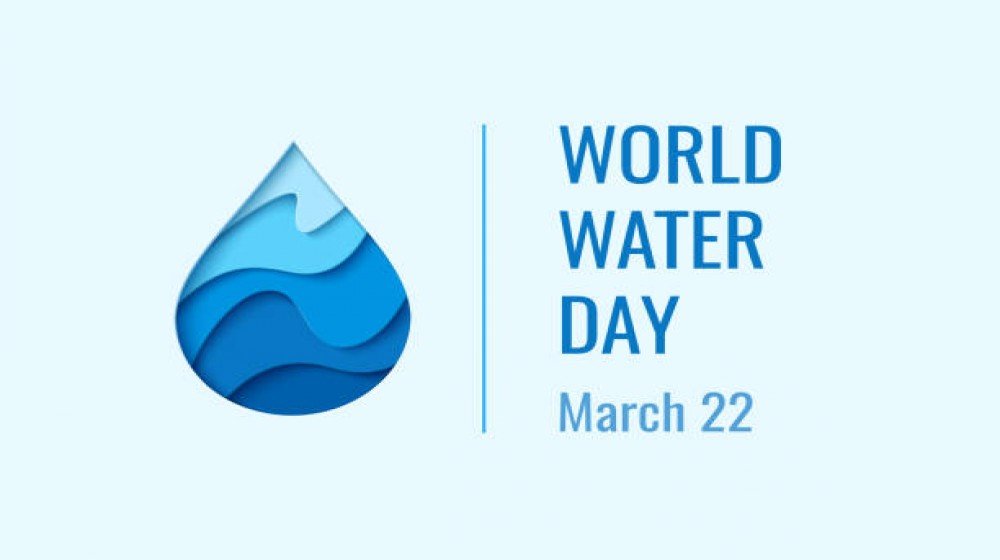
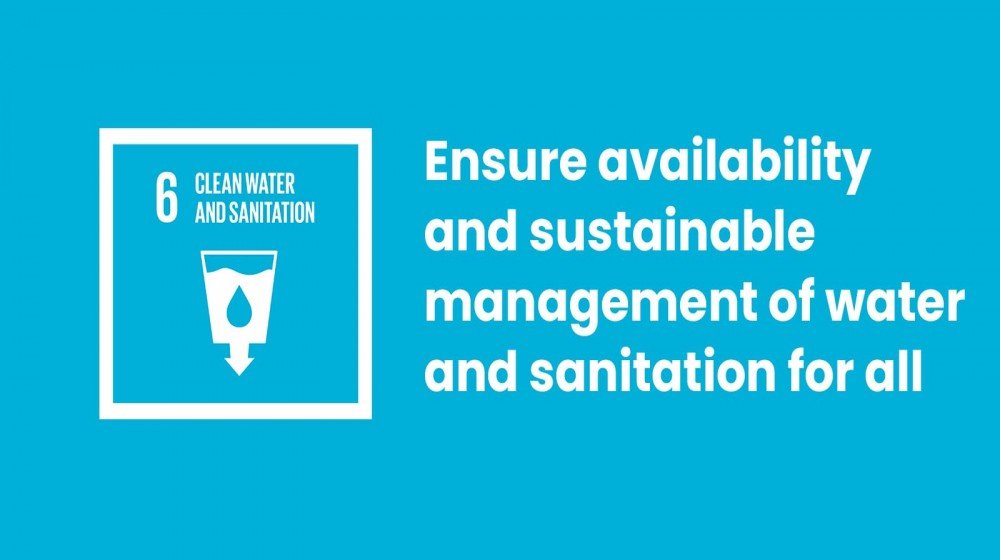

Post Comments